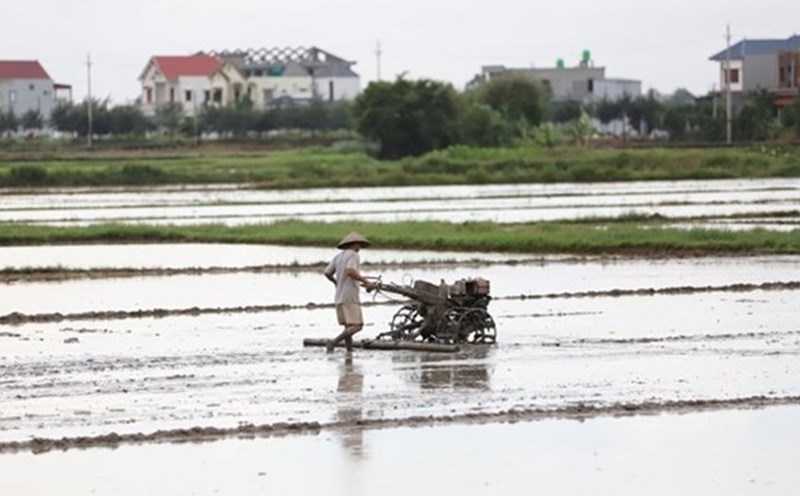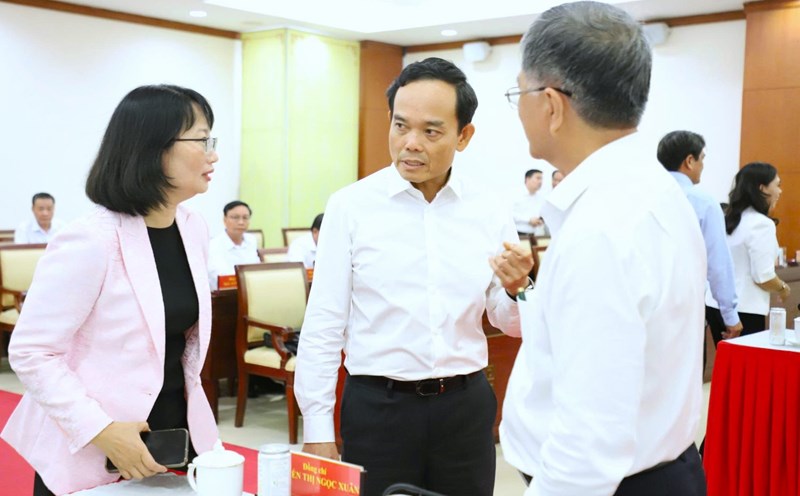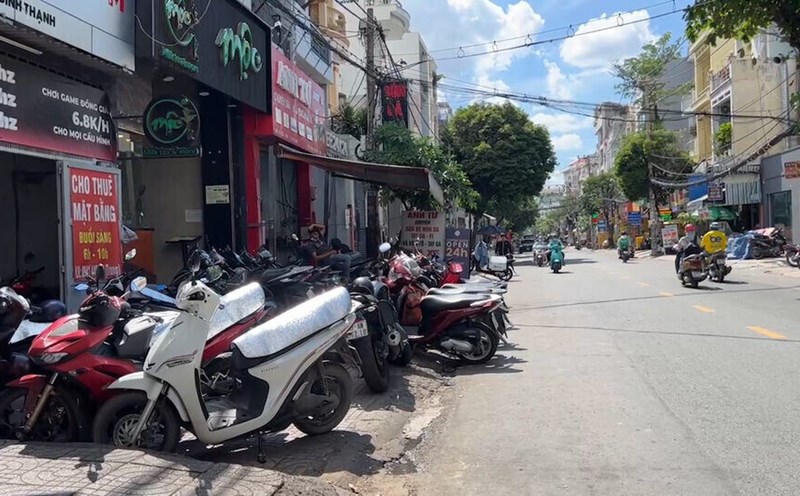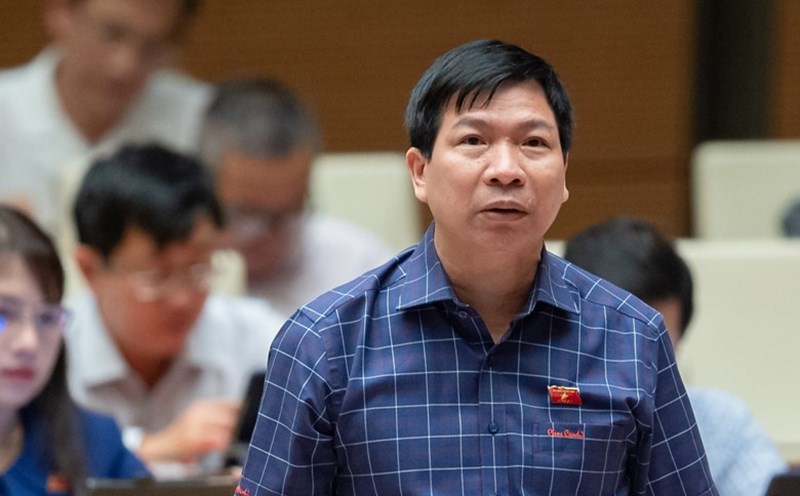Mr. N.M.H in Quang Ninh expressed that it is necessary to adjust the policy of land allocation with land use fees as prescribed in Article 119 of the 2024 Land Law, to ensure the consistency and synchronization of the Land Law and the orientation to amend the Law on Non-agricultural Land Use Tax.
Mr. H proposed to study the removal of the land allocation policy with land use fees collected as prescribed in Article 119 and replace it with a non-agricultural land use tax policy.
At the same time, Mr. H said that it is necessary to clearly stipulate "land use fee is the amount of money that the land user must pay to the State to gain land use rights when: The State allocates land with land use fees, permits change of land use purpose, and recognizes land use rights.
In addition to land use fees specified in this Article, land users must still pay other taxes, fees and charges according to the provisions of law" so that land users clearly understand their tax payment obligations after winning the auction to gain land use rights.
Regarding the policy of collecting non-agricultural land use tax, Mr. H proposed to replace the policy of land allocation with land use fee collection (stipulated in the Land Law) with the non-agricultural land use tax policy.
Specifically: For residential land in use, the tax rate is 1%/year; for unused residential land, the tax rate is 10%/year.
At that time, in addition to overcoming the current shortcomings of this tax policy, the regulation also has advantages:
The price of residential land and housing (including the auction winning price of the land plot if any) will be lower, more suitable for people's income.
Investors will be proactive in calculating the investment efficiency of the project before investing. The State will collect non-agricultural land use tax directly from land users after granting the Certificate or when the land plot begins to be used.
When people's income increases, the State can increase mobilization from people by increasing tax rates or adjusting land prices.
The implementation of these adjustments will reduce land and housing prices because apartments and plots of land that have not been put into use will be forced to be put into use (if they do not want to pay high taxes) by selling, leasing, lending, renting, etc. The increased supply will help reduce prices and this will indirectly implement the spirit of the 2013 Constitution, which is the State creating conditions for all people to have a legal place to live.
The Ministry of Agriculture and Environment responds to this issue as follows:
Regarding the adjustment of the policy on land allocation with land use fees collection, it is stipulated in Article 119 of the 2024 Land Law.
Article 3 of the 2024 Land Law stipulates the interpretation of terms. In which, Clause 44 stipulates "Land use fee is the amount of money that land users must pay to the State when the State allocates land with land use fees, permits change of land use purpose or cases of land use that must pay land use fees according to the provisions of law".
Article 2 of the 2010 Law on Non-agricultural Land Use Tax stipulates the taxable subjects (the taxable subjects are specified in detail in Article 2 of Decree No. 53/2011/ND-CP dated July 1, 2011 of the Government detailing and guiding the implementation of a number of articles of the law on non-agricultural land use tax).
Thus, land use fee is the amount of money that land users must pay to the State when the State allocates land with land use fees, permits change of land use purpose; land use tax is the amount of money that land users pay to the State depending on each taxable subject according to the provisions of the law on tax.
Therefore, it is impossible to abandon the policy of land allocation with collection of money and replace it with a tax policy as Mr. H.
Regarding the adjustment of the policy of collecting non-agricultural land use tax, the Ministry of Agriculture and Environment will coordinate with the Ministry of Finance to record and continue research in the process of evaluating and developing land laws and tax laws.











